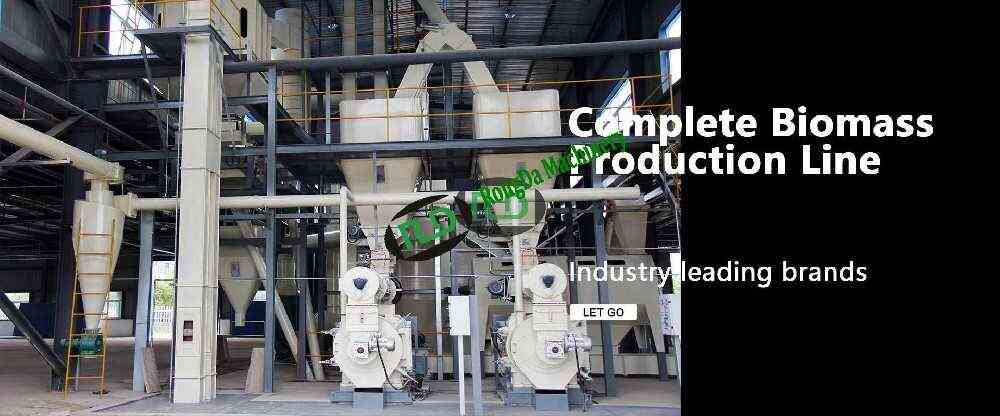Welcome to Rongda Machinery Co., Ltd
Toggle Navigation
First of all, the selection of equipment is critical for any biomass pellet production line. Based on the raw materials involved, different types of equipment are recommended. For dry materials, a vertical granulator offers the benefit of high output. For materials with high humidity, a horizontal biomass pellet machine is more convenient to operate. If the material contains metal impurities, and it can be cleaned, it is advisable to choose a vertical pellet machine to achieve higher yields. However, if cleaning is not possible, a horizontal pellet machine should be chosen because it is easier to disassemble and repair.
When dealing with wood raw materials, a horizontal pellet machine is more suitable for hard, mixed wood and materials with high moisture content. For softwood with low moisture, a vertical pellet machine is recommended to ensure greater output. For materials such as pure sawdust, bone, and shell, a vertical granulator can effectively increase the yield. In the case of raw materials like bamboo powder, if the moisture is high and drying is not carried out, a horizontal pellet machine is a more suitable choice. Both types of granulators are capable of drying materials effectively.

The biomass production line uses a screw conveyor to continuously feed wet materials into a drying tube, where high-speed hot air disperses and transports the materials. This process causes the moisture to evaporate, turning the materials into either powder or granules. This line is adaptable to various industries, such as straw fuel, charcoal machinery, wood pellet fuel, sawdust blocks, and agriculture and animal husbandry engineering.
First, let's address the potential issue of overworked equipment. This could happen due to miscalculations in planning equipment to meet the production capacity or incorrect use of machinery. In this case, it’s essential to conduct an inspection of the equipment to identify the issue and address it promptly to avoid severe damage.
Another concern is the wearing of parts and welding issues. When purchasing equipment, it is crucial to examine the wear parts and welding quality to ensure that they meet the required standards. Opting for a reliable equipment manufacturer with strong after-sales support is vital to avoid future complications.
Lastly, regular maintenance of the equipment is crucial. Adding the correct amount of grease helps dissipate heat and reduce wear and tear. Regular inspections and early repairs of equipment can prevent failures and extend the life of the machinery.
Through this discussion, we hope to give you a clearer understanding of the biomass pellet production line and prepare you for any emergency situations that might arise. Thanks for reading!
Rongda Machinery has received high-tech enterprise certification, A-level integrity enterprise status, and numerous other industry honors. Our customers consistently provide positive feedback about Rongda, praising our responsible customer service. Our products, which use higher-quality materials compared to competitors, often have a longer lifespan for core components. We also dedicate 8% of our revenue to research and development annually, which is notably high within the industry. With Rongda, you can count on fewer after-sales issues, as our technical team is always available to help resolve any issues in real-time.